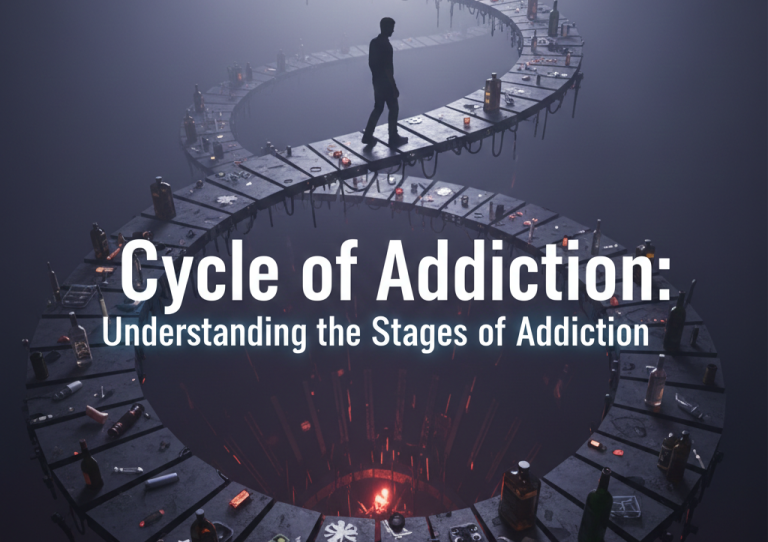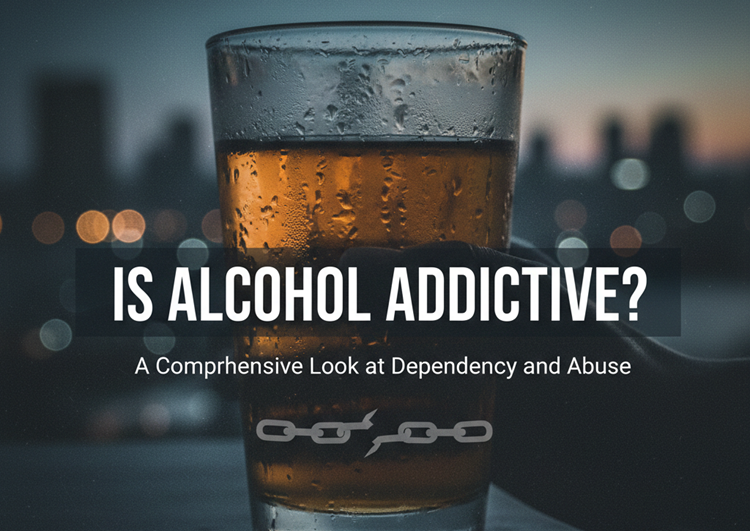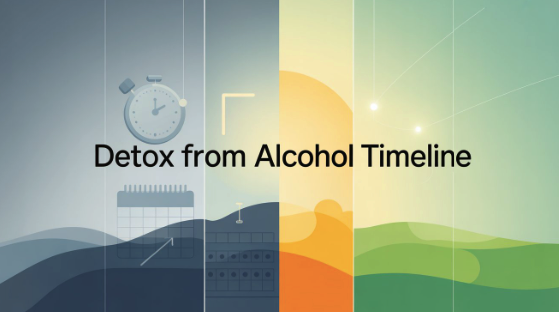It is essential to understand that trauma is a broad phenomenon that has a deep influence on the psychological, emotional, and physical aspects of a person’s existence. It originates from events beyond an individual’s control that permanently impair the quality of his/her life. It is important to note the differences between the types of trauma and the trauma treatments that are available. This blog explains the most common types of trauma and the different approaches that one can take to begin the process of healing.
What is Trauma?
Trauma means the psychological reaction of a person to a painful or shocking incident. It may stem from a short-lived event (acute trauma), many similar events (chronic trauma), or significant and continuous events (complex trauma). It interferes with the brain and body and can cause symptoms like anxiety, depression, flashbacks, and some sickness. Trauma, thus, has far-reaching consequences and should be considered and treated taking into account its potential severity.
Common Types of Trauma
1. Physical Trauma
Physical trauma is the physical harm done to the body through force trauma that is through an unintentional or intentional force such as an accident, an assault, or a fall. This kind of trauma may lead to fractures, injuries, cutting injuries, and other factors. The immediate profile is on the physical level and most of the time, physical violence has psychological ramifications. Living with chronic pain and discomfort, finding it difficult to move around or work, and constantly being reminded of the circumstances surrounding the injury can cause severe depression and contribute to PTSD.
2. Emotional / Psychological Trauma
Psycho-emotional trauma or psychological trauma involves events that disrupt an individual’s safety or happiness patterns. This may include any experience that one may consider as traumatic such as emotional abuse or seeing someone being abused. Unlike physical injuries, the impact that emotional abuse has on a person is not as easy to diagnose since they might not show outward signs of harm. People may feel shame, guilt, anxiety, and even depression issues related to mental disorders. The consequences endured in the psychological field may be severe and long-lasting, making an impact on one’s interactions, self-image, and well-being.
3. Sexual Trauma
Sexual trauma refers to any unwanted sexual experience, and these experiences can range from sexual assault to adult sexual abuse or exploitation. This type of trauma can have very bad outcomes for one’s psychology, such as PTSD, anxiety, depression, or trust/intimacy disorders. The shame and criminalization of the events that surround sexual trauma further complicate the support search. Coping with the requirements of sexual trauma survivors is essential for them to be healed.
4. Adult Trauma
Adult traumatic events consist of sexual, physical and emotional abuse alongside neglect and encounters with violence that an individual faces in their personal or professional relationships. Adults who encounter such experiences face major changes to their behavior and psychology which persist throughout their lives. The traumatic experiences of adults often result in the inability to build healthy relationships and generate difficulties in professional settings and challenges with emotional control and problems with self-esteem and mental well-being. Healing requires professional assistance after experiencing adult trauma based on the degree of exposure to the traumatic event.
5. Natural Disasters
One of the severe calamities that affect individuals and communities is these natural disasters, which include hurricanes, earthquakes, and floods, among others. Such events impact an entire population, therefore, the entire population will be grieving, suffering losses, and experiencing anxiety. Thus, persons may present PTSD, depression, and peritraumatic features of enhanced risk for psychological pathology. Recovery has both tangible and intangible aspects of one’s life, which include reconstruction of physical structures, as well as supplying encouragement for the psychological well-being of survivors and communities.
6. Medical Trauma
It is rooted in disturbing events that took place when a person was receiving medical treatment such as life-threatening conditions, surgery, and hospital stays. Medical trauma results from such impacts as fear, pain, and helplessness that persist and have psychological effects, such as anxiety, depression, and PTSD. The resulting conditions can include a phobia of hospital environments or procedures, which would impede the patient’s future treatment options. Dealing with issues related to medical trauma can make patients feel uncomfortable and hence, healthcare practitioners must handle them with extra care.
7. Complex Trauma
Complex trauma means that the person has a history of exposure to more than one traumatic event at any one time and over an extended period, for instance, long-term domestic abuse, continued early-age abuse, or war. Such trauma has broad effects on an individual’s personality, interpersonal relationships, and behavior. People who have experienced such a traumatic event are likely to face future problems that involve trustful relationships, self-esteem, and the regulation of emotions. Complex trauma treatment involves integration and recovery from the long-term impact of trauma and incorporates different treatment strategies that are personalized.
Treatments for Trauma
1. Psychotherapy
Trauma treatment starts with psychotherapy because it is widespread in facilitating treatment. Various types of therapy can help individuals process and heal from traumatic experiences:
- Cognitive Behavioral Therapy (CBT): CBT works to alter negative thinking and self-destructive patterns that are coping mechanisms for trauma. It involves managing the symptoms of PTSD as well as anxiety in clients.
- Eye Movement Desensitization and Reprocessing (EMDR): EMDR stands for Eye Movement Desensitization and Reprocessing; a type of therapy that helps people process traumatizing images differently. NAD is particularly useful for PTSD specifically and its suppression does not harm the patients in any way.
- Dialectical Behavior Therapy (DBT): DBT is an advanced method that uses elements of cognitive-behavioral therapy and mindfulness, and is aimed at controlling people’s emotions and finding effective ways to cope with them.
These therapeutic approaches allow the clients who are survivors of the trauma to seek help and be assisted to get over their ordeal; resulting in the improvement of their mental health.
2. Medication
It is important not to forget that medication can also have a big impact on dealing with the effects of trauma. Commonly prescribed medications include:
- Antidepressants: These drugs can be useful for calming down such affective-origin symptoms as depression and anxiety which are typical for traumatized individuals.
- Anti-anxiety Medications: These drugs can help to lessen the effects of anxiety and panic that people can suffer from, and give a cure for acute states of stress.
- Prazosin: It is occasionally employed to put an end to the occurrence of some nightmares and sleep disturbances particularly in patients diagnosed with PTSD.
Medication affords no direct treatment for traumatic stress yet it serves an important function in lessening the symptoms so that an individual retains the capacity to undertake therapy and/or other activities.
3. Support Groups
Support groups are an essential means to access great support from others if one has to face any trauma. These groups provide outlets for the individual’s compelling narratives, to gain understanding and to find comfort. Emotional support from other people is critical to healing and coping with the situations that one is going through as one feels that there is someone who understands and is willing to listen to them.
4. Mindfulness and Relaxation Techniques
Mindfulness and stress-relieving techniques can be useful to reduce anxiety and stress when experiencing trauma. Techniques like prayer, yoga, or taking deep breaths help in cases of stress, anxiety, or other mental disorders. All the above techniques can be integrated into people’s everyday lives to improve their quality of life and at the same time diminish the effects of traumatization.
5. Lifestyle Changes and Self-Care
Several principles need to be followed regarding self-care because a healthy lifestyle impacts trauma healing. Another way is through physical fitness, including moderate exercise, good nutrition, and sufficient rest which are sure-fire ways of maintaining good health of the body and mind. However, often patients may benefit from such activities as writing in a diary, walking in nature, or practicing hobbies as they help in the healing process and give a sense of a normal life.
Seeking Help
It is important to understand that one needs professional assistance to overcome the trauma that one goes through. Guidance, as well as the needed support, can be obtained from a specialized therapist or a support group. It is therefore important to ensure that the victims of the trauma go through a proper process of recovery and healing before the effects become long-lasting.

Regardless of the type of trauma, be it simple physical or more severe, such as sex, trauma, or even complex PTSD, acknowledging its effects and finding appropriate professional assistance can result in drastic positive changes in the individual’s mental health and well-being.
Recovery from trauma is a gradual process and requires understanding, tolerance, and medical supervision. If you or someone you know has experienced trauma and needs help, check out our trauma therapy program and get in touch with our team at Orlando Treatment Solutions.



























